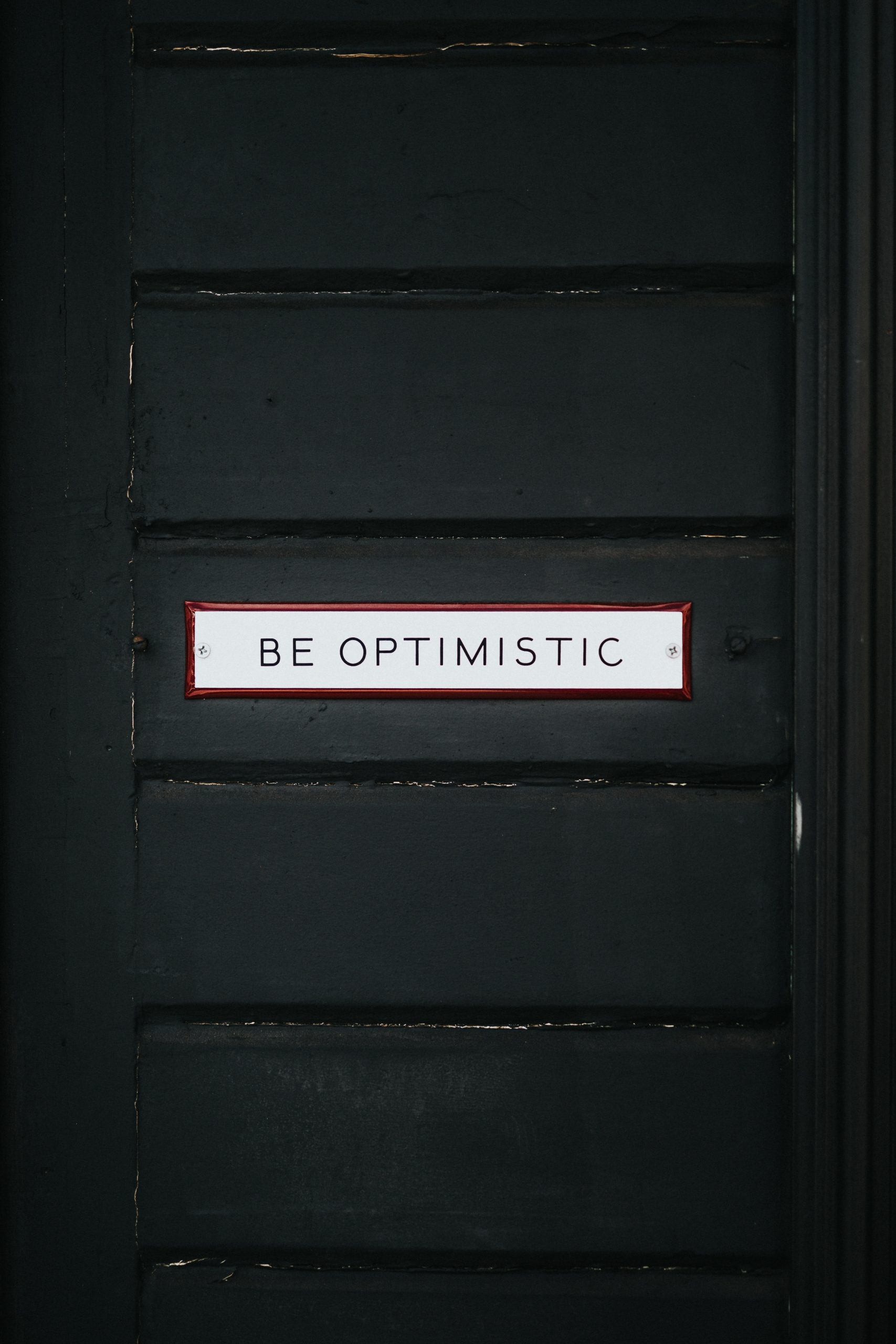The Moon in French: A Celestial Beauty Explained
Bonjour and welcome to this enlightening blog post where we embark on a captivating journey to explore the moon in the enchanting language of French. The moon has always fascinated humanity with its ethereal glow and mystical presence in the night sky. Learning about the moon in French not only allows us to appreciate its celestial beauty but also provides us with an opportunity to delve into the rich cultural and linguistic nuances of the French language. So, without further ado, let’s set our sights on the moon and discover its wonders in French.
The Moon in French: Vocabulary
Like any other object, the moon has its unique terms in the French language. By familiarizing ourselves with these words, we can better understand the moon’s various aspects and characteristics. Let’s dive into the vocabulary:
| English | French | Pronunciation |
|---|---|---|
| Moon | Lune | loon |
| Full Moon | Pleine Lune | plehn loon |
| New Moon | Nouvelle Lune | noo-vehl loon |
| Crescent Moon | Lune Croissante | loon kwa-sahnt |
| Half Moon | Demi-Lune | deh-mee loon |
These are just a few examples of the vocabulary associated with the moon in French. Now, let’s dive deeper into the moon’s significance in French culture and explore its place in folklore and literature.
The Moon in French Culture
The moon holds great cultural importance in French history and literature. It has served as a muse for poets, writers, and artists for centuries, captivating the imagination and sparking creativity. Symbolically, the moon represents femininity, mystery, and romance in French culture.
In French literature, the moon often finds itself in the center stage, guiding characters through their journeys and lending an air of enchantment to their stories. One of the most famous French authors, Victor Hugo, beautifully portrays the moon in his poetry as a source of inspiration and solace.
Moreover, the moon plays a significant role in French folklore and mythology. It is believed that the full moon has the power to transform humans into werewolves, a legend that has been passed down through generations, adding to the lore and mystique surrounding the moon in French culture.
Expressions with the Moon
Just like in the English language, the moon has found its way into numerous expressions used in everyday French conversations. Here are a few common expressions that incorporate the moon:
- “Avoir la lune en pâture” – Literally translating to “Having the moon as pasture,” this expression refers to having unrealistic expectations.
- “Les carottes sont cuites” – In French, this expression translates to “The carrots are cooked,” meaning that the situation is settled or irreversible. It originates from the belief that the full moon affects the growth of carrots.
- “Promettre monts et merveilles” – Translating to “Promising mountains and wonders,” this expression signifies making grand, often exaggerated promises.
These expressions provide a glimpse into the influence of the moon on French language and culture, highlighting how it has inspired the creation of poetic and metaphorical expressions.
The Moon in French Songs
French music has celebrated the moon through melodious tunes and heartfelt lyrics. Artists across various genres have penned enchanting songs that pay homage to the moon. Some notable examples include:
- “Clair de Lune” by Claude Debussy – This classical masterpiece composed in 1890 beautifully captures the moon’s serene and dreamlike essence.
- “Au clair de la lune” – One of the most recognizable French nursery rhymes, this song dates back to the 18th century and has been sung by children for generations.
- “La Lune” by Zaz – Released in 2018, this contemporary pop song by Zaz explores the moon’s ability to unite people through love.
These songs serve as a testament to the moon’s enduring influence on French music and its ability to evoke emotions through its association with romance, nostalgia, and natural beauty.
Observing the Moon in French
Now that we have explored the moon’s role in French culture, let’s dive into the practical aspects of observing and describing the moon in French. Whether you’re an astronomy enthusiast or simply enjoy marveling at the night sky, understanding the vocabulary related to moon observation is essential. Here are a few key terms to enhance your moon-watching experience:
- “Télescope” – Telescope
- “Observatoire” – Observatory
- “Phases lunaires” – Lunar phases
- “Éclipse” – Eclipse
- “Cratères” – Craters
By acquainting yourself with these terms, you can better appreciate the moon’s physical features and the phenomena associated with it while conversing in French.
In Conclusion
The moon holds a special place in French culture, inspiring artists, writers, and dreamers throughout history. Familiarizing ourselves with the moon in French not only expands our language skills but also deepens our understanding of the cultural significance attached to celestial objects. From its rich vocabulary to its presence in literature, music, and expressions, the moon in French captivates us with its mystique and beauty. So the next time you catch a glimpse of the moon, let your imagination soar as you appreciate its splendor in the language of love.
Table of Contents
